More than 250 offences were discovered in a week of action by police and Highways England patrolling the M6 in the north west, including a four-year-old child sat on someone’s lap in a car driven by a disqualified driver not wearing a seat belt.
A wide range of offences were spotted and dealt with, including a car reversing on a live lane in Cheshire and a banned motorist with no insurance towing a trailer in lane 3 in Cumbria. One of the most shocking was the driver who had no insurance or licence, wasn’t wearing a seat belt and neither was the four-year-old child sat on someone’s lap.
Unmarked Operation Tramline HGV ‘supercabs’ cabs, funded by Highways England and used by police forces across the country, played a key role in this multi-agency effort along the longest motorway in the country. From their elevated viewpoint in the unmarked HGV cabs, police officers were able to spot people driving dangerously.
Failing to wear a seatbelt was the most common offence with 40 people seen risking their lives without the safety protection, while 22 drivers were caught using their mobile phone illegally, with one playing online poker and another FaceTiming his partner.
Police forces from Cumbria, Lancashire, Merseyside and Cheshire made use of the HGV cabs, supported by additional patrols and vehicle stops by such partners as the DVSA and the North West Commercial Vehicle Unit.
The cabs stopped 207 vehicles, with action ranging from words of advice or fixed penalty notices to traffic offences being reported and even eight arrests. The North West Commercial Vehicle Unit also stopped 85 HGV and LGVs. Of these, 45 offences were discovered such as unsafe tyres and breaches over the drivers’ hours and load weight.
The unit used marked police cars to stop commercial vehicles on the M6 across the north west. Among the incidents they spotted was a driver reversing back along a live lane at junction 18 in Cheshire because he had overshot the junction.

One of Highways England’s three Operation Tramline ‘supercabs’
Highways England deals with around 180 reported incidents on the whole of the M6 every day including a large number of traffic collisions - 4,222 were reported on the M6 in 2019. But the week of action, which ran under the banner of Operation Vertabrae, saw a reduction in the number of incidents and traffic collisions.
Highways England Head of Road Safety Jeremy Phillips said:
“Our aim through this week of action was to make not only the M6 but all of our roads safer by raising awareness and encouraging motorists to consider their driving behaviour.
“The HGV cabs helped the police to identify hundreds of dangerous drivers who could have caused collisions and harm if they hadn’t been pulled over. Our safety advice given at the motorway services and through the campaign also helped to make the M6 safer.
“We are confident that, working together with our road safety partners, this campaign has helped spread our safety messages to drivers but also raised awareness that those who engage in high risk behaviours can expect to be spotted and, if an offence has been committed, action will be taken by our enforcement partners.”
The number of incidents reduced during the campaign from 1,301 the week before to 1,287 while the number of traffic collisions fell 17% from 71 to 59.
Inspector Steve Vickers, of Cumbria Constabulary’s mobile support group, said:
“Motorways demand drivers’ full attention, driving distracted or taking unnecessary risks can have devastating consequences.
“The use of the Operation Tramline HGV was a great opportunity to give us an elevated view of those driving on the Cumbria stretch of the M6 and catching those driving dangerously and putting other road users at risk.”
Sergeant Andy Griffith, of Cheshire Constabulary, said:
“I hope that the operation acts as a warning to lorry drivers and all other motorists and reiterates the fact that no-one is above the law. While this operation may have concluded, we will continue to use the unmarked HGV to patrol the road network.”
Other agencies taking part in the week of action included the Driver and Vehicle Standards Agency, Health and Safety Executive, HM Revenue and Customs and the Home Office.
The DVSA carried out checks at eight locations along the M6 checking caravans and trailers, vans and HGVs. They discovered 216 vehicle defects including tyres and brakes. Also 229 roadside offences such as drivers’ hours breaches and overweight vehicles.
Further information:

Table of stops and offences recorded by police using Operation Tramline cabs
Since the launch of Operation Tramline in 2015, more than 21,600 offences have been recorded. The most common offences have included:
- Using a mobile phone – 6,073
- Not wearing a seatbelt – 6,253
- Not in proper control of vehicle – 1,501
- Speeding – 1,199
In total, 19,564 vehicles were stopped in Operation Tramline between July 2015 and April 2021.
Footage of drivers previously caught using their mobile phones:
https://www.youtube.com/watch?v=uBumgyL1upA
https://www.youtube.com/watch?v=JM-XLUyTCf4
Pictured - Parcels poured out of this vehicle when the curtains were opened. The driver was prosecuted for having an unsecure load and an unfit tyre.

 Ten arrested for drugs offences following warrants in Chester
Ten arrested for drugs offences following warrants in Chester
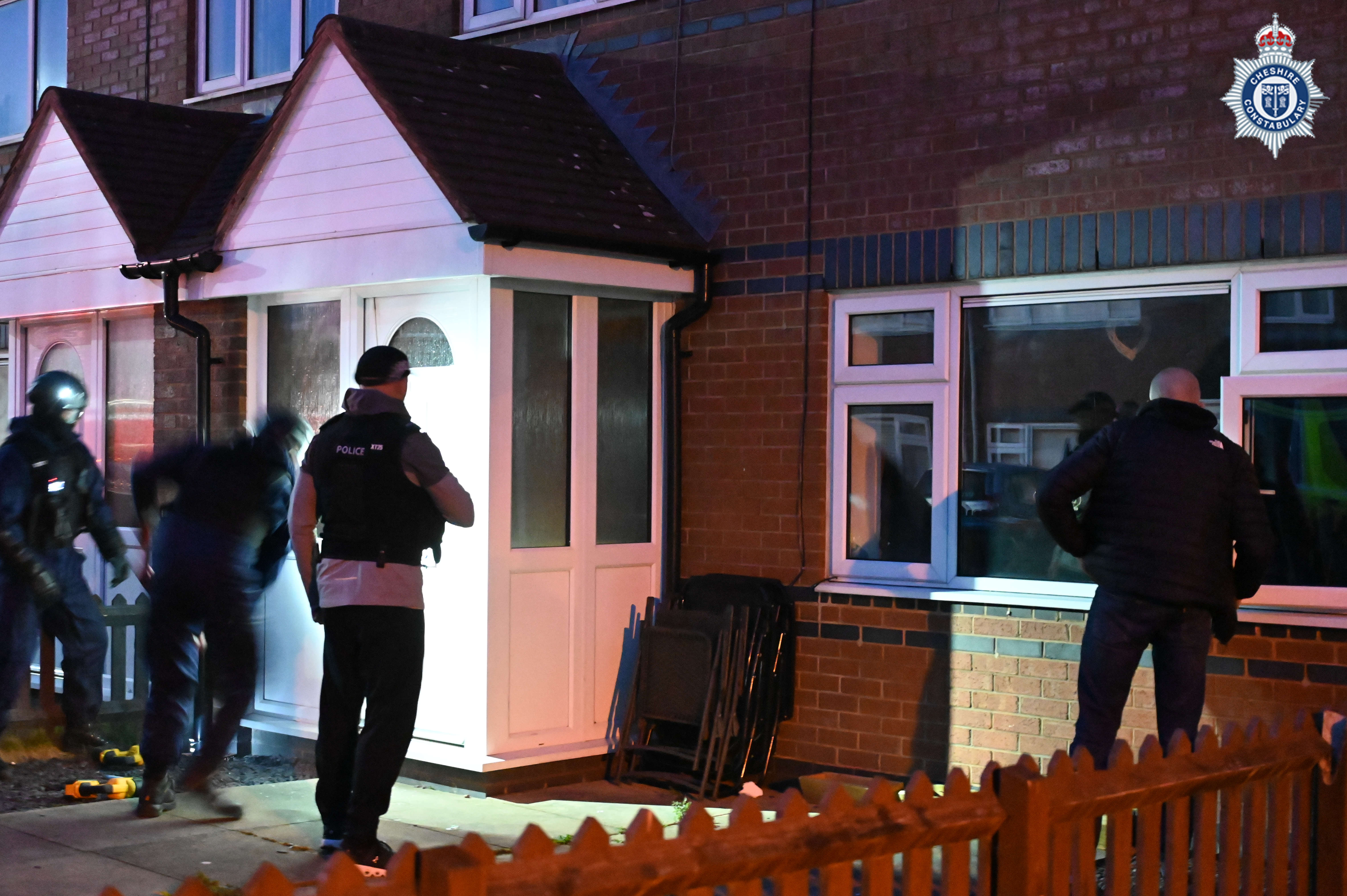 Ten arrested for drugs offences following warrants in Chester
Ten arrested for drugs offences following warrants in Chester
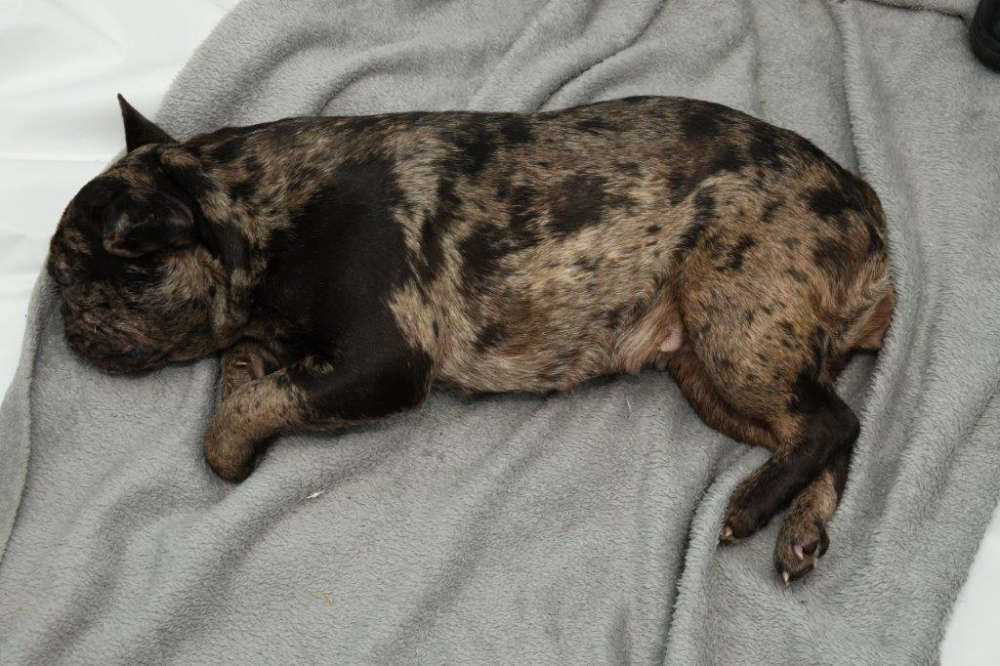 Suspended prison sentence and indefinite ban for Cheshire man who abused his dog
Suspended prison sentence and indefinite ban for Cheshire man who abused his dog
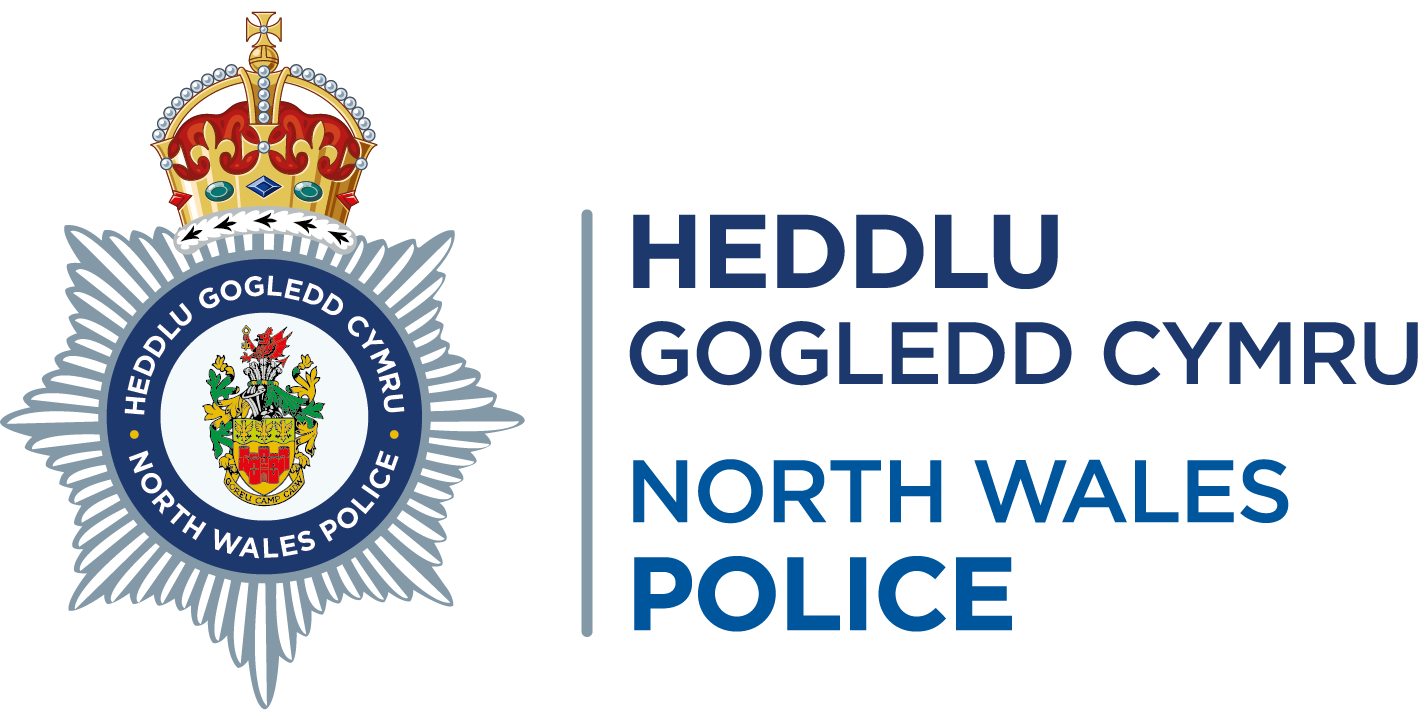 Recovered Stolen Items
Recovered Stolen Items
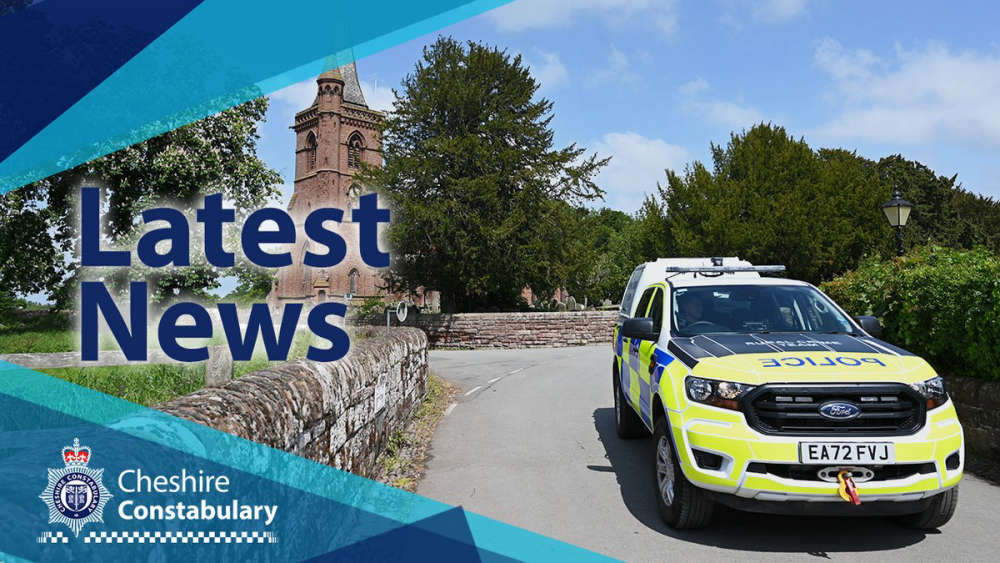 Man charged in relation to courier fraud
Man charged in relation to courier fraud
 Police to target criminal use of Cheshire’s roads
Police to target criminal use of Cheshire’s roads
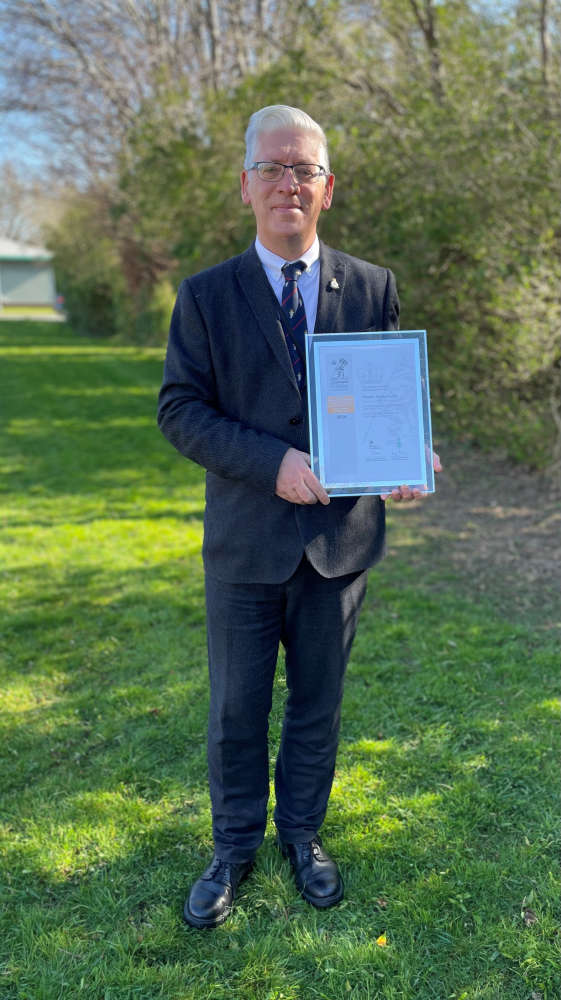 Council awarded Gold Armed Forces Award
Council awarded Gold Armed Forces Award
 Appeal for footage and witnesses following collision in Delamere
Appeal for footage and witnesses following collision in Delamere
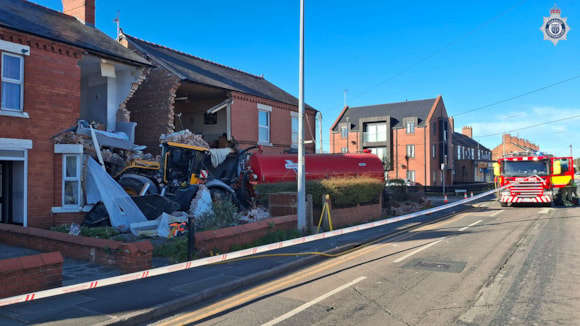 Appeal for information following serious collision in Chester
Appeal for information following serious collision in Chester
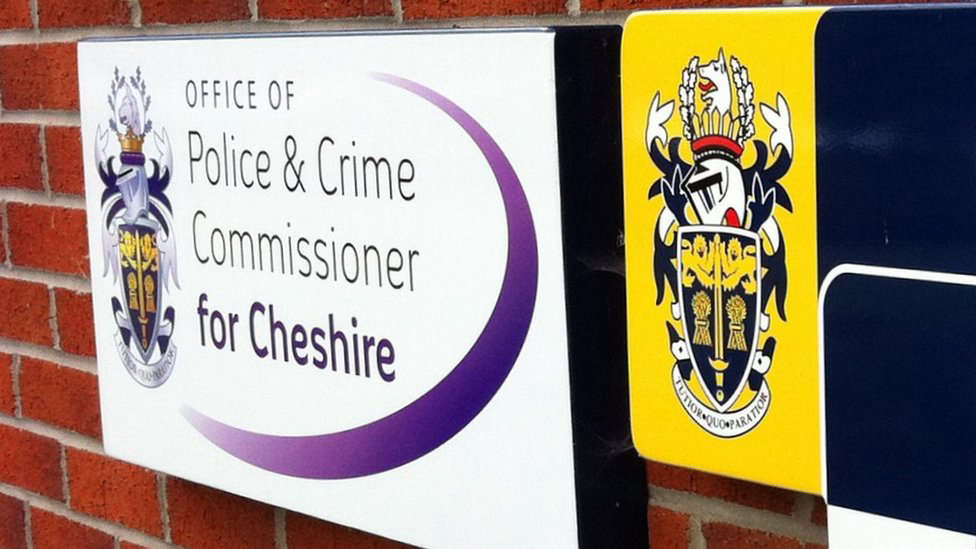 Your chance to get involved in police scrutiny meetings
Your chance to get involved in police scrutiny meetings
 New Events at Jodrell Bank
New Events at Jodrell Bank
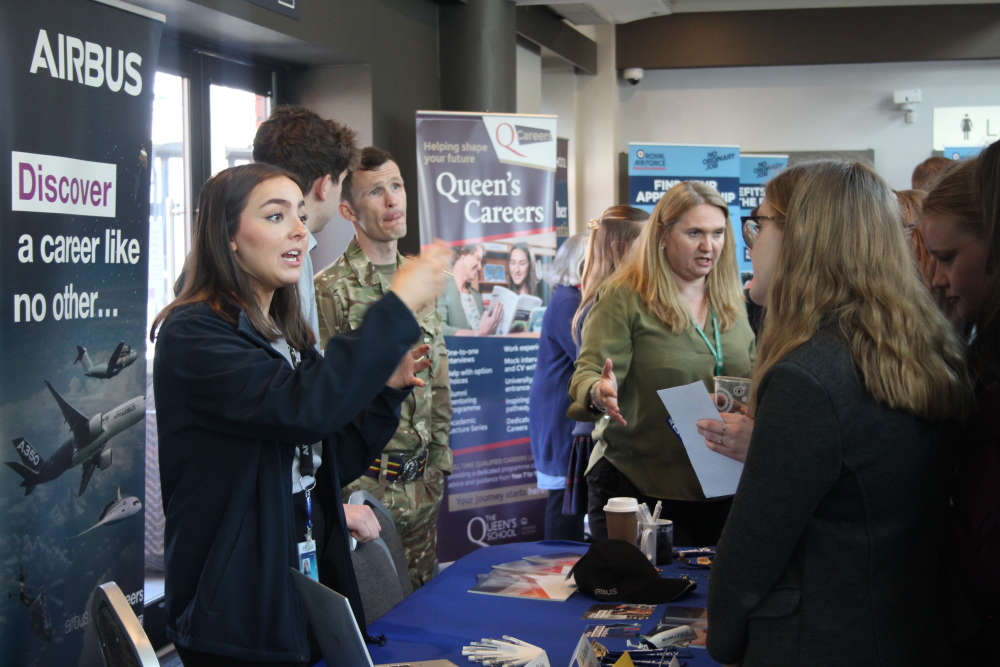 Inspiring Futures at The Queen’s School
Inspiring Futures at The Queen’s School
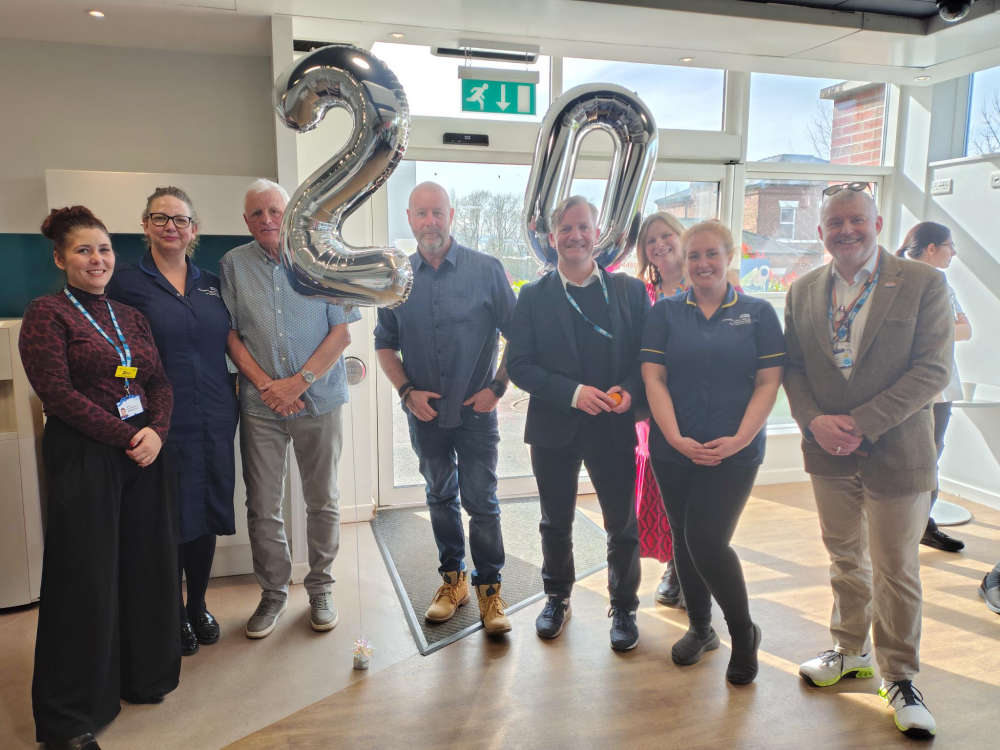 Bowmere Hospital celebrates 20 years of mental health care
Bowmere Hospital celebrates 20 years of mental health care
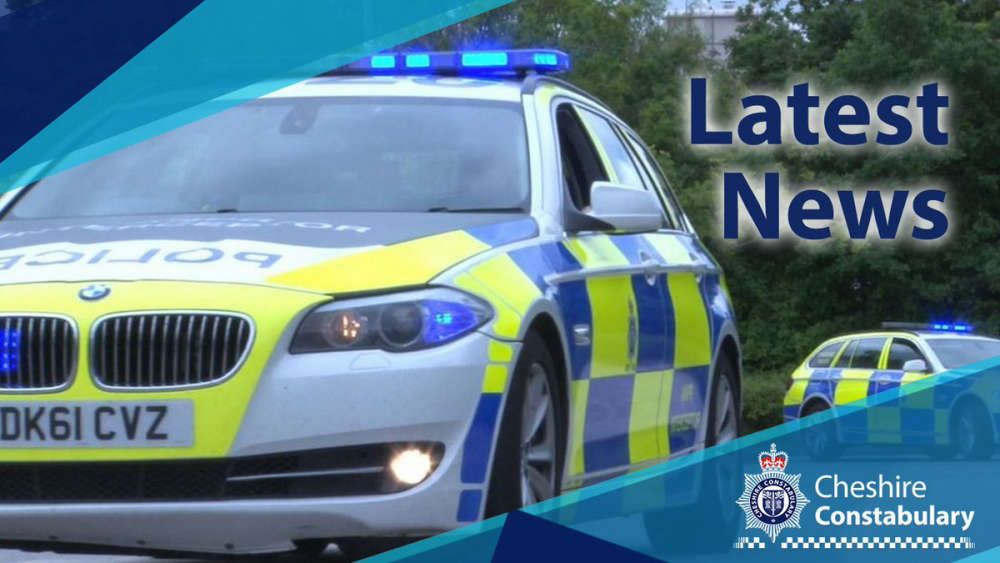 Man charged with burglary and drug offences following Chester police stop check
Man charged with burglary and drug offences following Chester police stop check
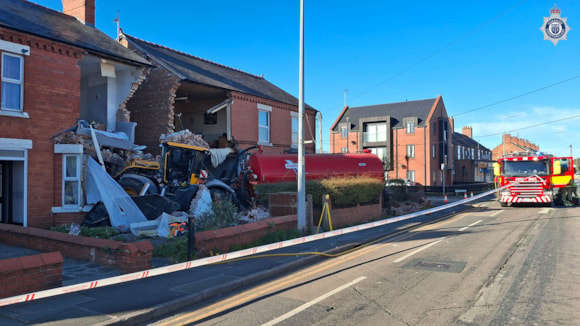 Vicars Cross Road closed following collision in Chester
Vicars Cross Road closed following collision in Chester
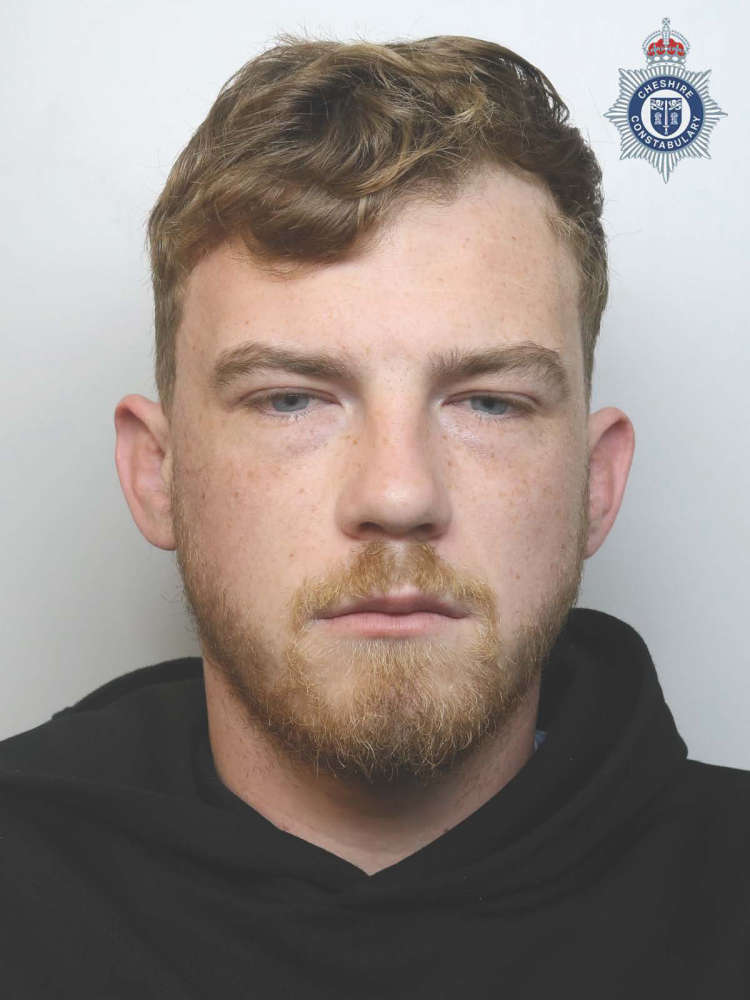 Man jailed for controlling and coercive behaviour and assault
Man jailed for controlling and coercive behaviour and assault
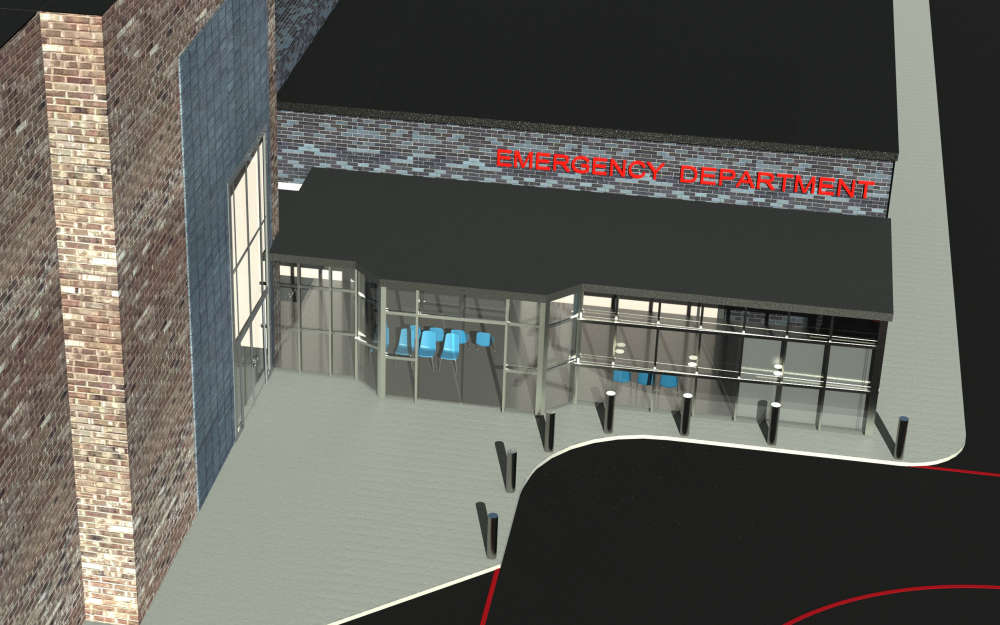 Plan unveiled to transform and improve emergency care at Countess of Chester Hospital
Plan unveiled to transform and improve emergency care at Countess of Chester Hospital
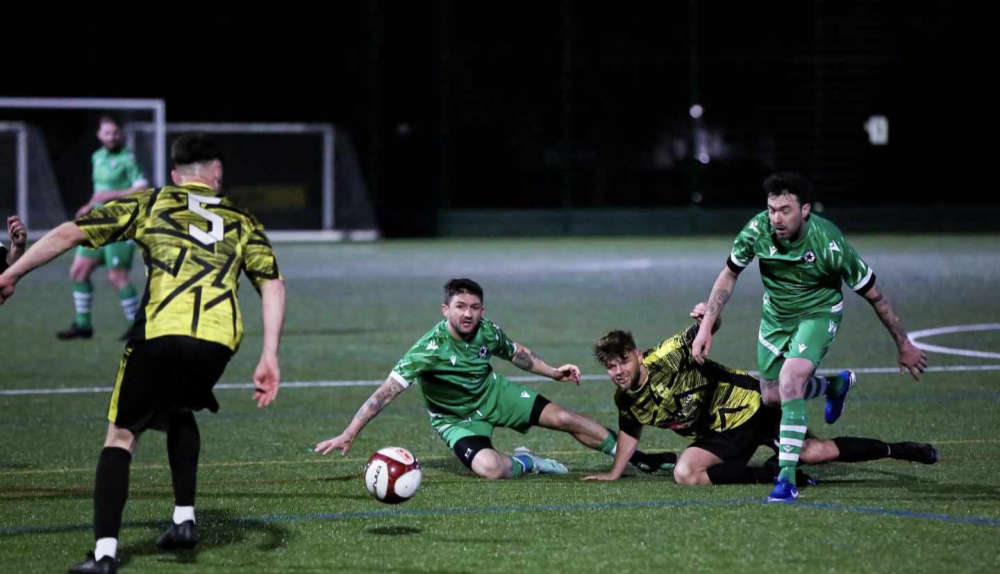 Chester & Wirral Football League - Weekend Round Up
Chester & Wirral Football League - Weekend Round Up
 Ladbrokes returns to Chester Racecourse
Ladbrokes returns to Chester Racecourse
Comments
Add a comment